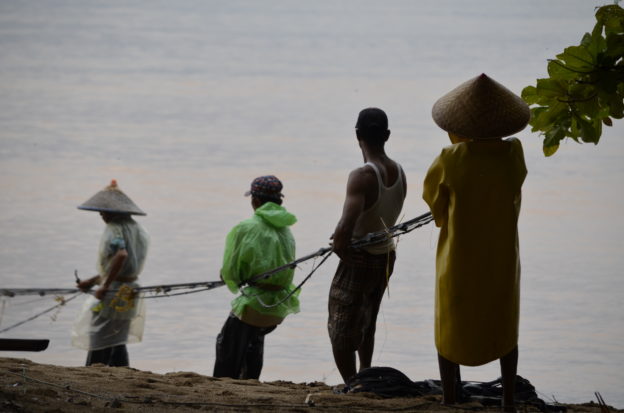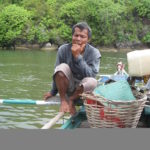Is it a myth that fishing communities are poor? If not, what is it that is stopping households in fishing communities escaping poverty? And what can be done to speed up this ‘poverty-escaping’ process?
These are questions that one SEEDS worker has been grappling with for many years. Following hundreds of interviews with fishers and their families in 25 fishing villages, SEEDS worker Dr. Richard Stanford has published his findings in a new book. This concise, easy-to-read, summary is written both in English and Indonesian for maximum impact. Published in collaboration with Andalas University, the book is currently being distributed to government departments related to poverty and fishing communities. Richard reports: “Previously we have only published our work in peer-reviewed scientific publications. While this gives credibility to our findings, it does not get our findings where they need to be…in the hands of policymakers and decision takers in the Indonesian government. We hope that this book, coupled with presentations that we are giving in government departments and universities, will be a trigger for better programs that targets the needs of the poor”.
One crucial finding outlined in the book is that current poverty alleviation programs are failing to develop human resources in fishing communities. While nets, boats and machines (physical assets) are widely distributed, the more painstaking job of developing people through education, mentoring and practical skills is a missing piece in these programs. Richard and his team are currently testing pilot projects in fishing villages designed to fill this gap.



